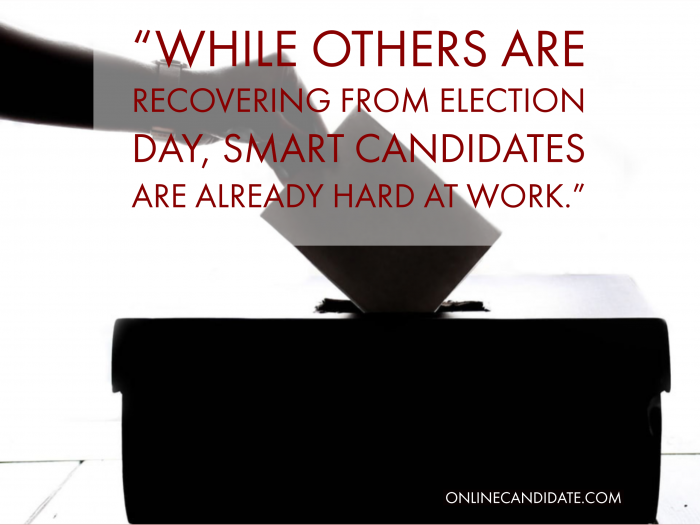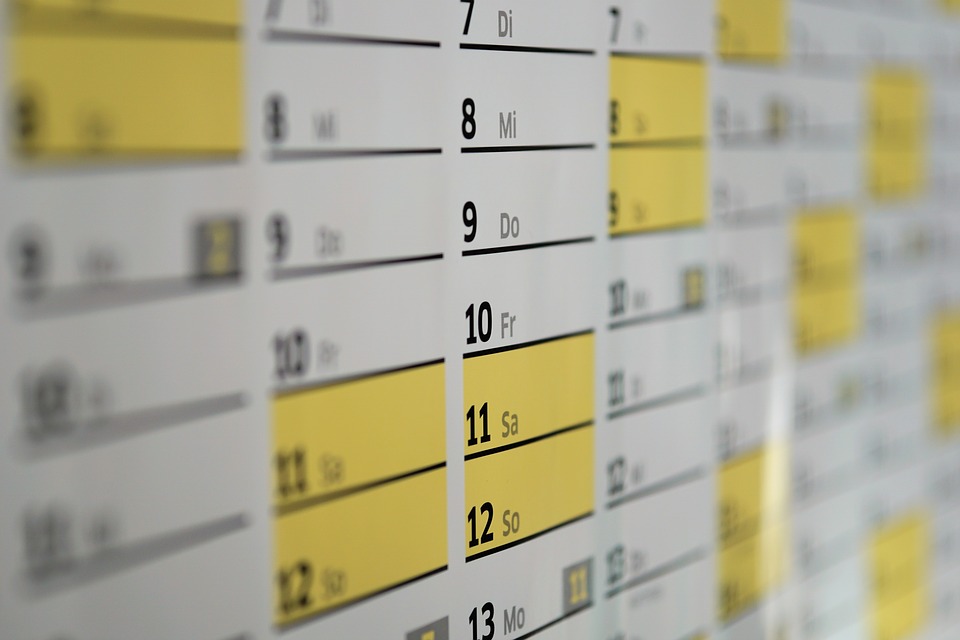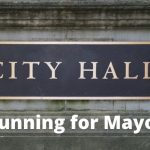If you are planning to run for office, you should start campaigning as soon as you can. That’s all. End of post.
No, not really. It’s a little more complicated than that.
Much of your campaigning will happen close to Election Day, but you need to plan out and lay the groundwork for your campaign much earlier.
Here’s a chart that lays out the optimal times to start based on your election type:

Typical campaign start times by election type
Here are the calendar milestones for basic campaign types:
Local Elections: For local elections, like those for mayor, city council, or district attorney, consider announcing your candidacy approximately 4-5 months before Election Day. After you announce, you should begin social media engagement. This allows you to connect with voters early and start building momentum. In the final stretch, or about 2 months prior to Election Day, you’ll switch to personal strategies, such as door-to-door canvassing. This type of grassroots activity provides personal voter engagement. Voters remember candidates who take the time to personally visit them.
State Elections: If you are going to run a state-level campaign for state representative and senator, you’ll need to start earlier. You should begin to build your donor network and secure endorsements about 1-1.5 years in advance of Election Day. Eventually, you’ll transition to public campaigning and voter outreach about around 9 months before voters head to the polls. In the final 6 months, your efforts should switch to holding debates, holding town halls, and making media appearances. This will help your message to reach as wide an audience as possible.
Federal Elections: Campaigning for federal office, such as US congress, has the longest lead time. You’ll want to start fundraising and networking efforts about 2 years before Election Day. At that point, you’ll be working to secure party support (perhaps through a primary) and establish a solid network of volunteers. About a year out from the election is when your campaign should fully launch. Then you’ll focus on widespread voter engagement and policy promotion. The complexities and scale of congressional and federal elections are huge, and it takes a large organization to make it happen.
What are the signs that it’s the right time to announce your candidacy?
Knowing the best time to announce your candidacy involves reading the political landscape and your own readiness. For example, there may be a gap in leadership that matches your strengths. Look at when successful campaigns in your area or in similar districts have started in previous cycles.
Finally, look at public sentiment. If constituents want change and your platform fits the voter’s demands, it’s a good sign to launch.
Secure your endorsements early
Early endorsements from influential individuals and organizations can lend credibility from the outset. Start identifying and reaching out to potential endorsers early in your campaign. Securing an endorsement can take time, so start these conversations early.
What are the potential disadvantages of beginning too early?
Starting a campaign too early can lead to several challenges. Voter fatigue is a real concern. If voters hear your message too long before an election, they might lose interest by the time voting rolls around. Early activity also give opponents a heads up on your plan and more time to analyze and potentially counter your strategies. They can adapt their messages in response to yours. This could put you at a strategic disadvantage early in the race.
What are the problems of starting a campaign too late?
A failure we’ve seen, particularly for local candidates, is that they begin campaigning too late. By the time they announce and start ramping up efforts, the election is only a few weeks away.
In our area, a local village candidate in a March election passed up an interview with a local newspaper bout a month or so before the election. The reason? He “didn’t want to tip his hat” about his candidacy. Be the time he made his formal announcement a few weeks before election day, it was too late. He didn’t have the time or budget to get the word out.
Not coincidentally, he lost the election.

How has technology and social media changed the game?
Technology and social media has change how political campaigns start and run. Social media lets candidates connect directly with voters, making the campaign start more fluid. This means engaging with the community and building an online presence can happen well before an official announcement.
Not sure about running? Consider ‘testing the waters’
You may even want to ‘test the waters’ before deciding to campaign for office”. As a potential candidate, particularly for Federal office, may want to conduct polling or travel your district or state to see if there is enough potential voter support for your candidacy.
Some candidates are even using crowdfunding before they make the decision to run. That way they can secure seed money donations before they start campaigning.
Smart campaign managers and candidates are already looking ahead to the next election even before the current one is over. While others are still recovering from Election Day, the next cycle has already begun. Forward-thinking candidates are already hard at work.
Are you ready to run?
Some people may feel that they are too young or not sufficiently prepared to be a political candidate. Others wait until they have achieved more in life. Either way, the best time for starting a political campaign is an open-ended question with no easy answer.
Whenever you decide to run, give it your all, and keep up the momentum through Election Day!
Start your digital campaign with Online Candidate. We provide campaign website design and marketing services.
Why Every Local Candidate Should Have a Campaign Manager »
Tags: political social networking








